
Global Value Chains
Challenges, Opportunities, and Implications for Policy
Recommendation
In a joint report, the OECD, the World Trade Organization and the World Bank Group explain that global value chains (GVCs) have made dramatic changes in the nature of international trade. Yet for GVCs to function effectively, the commercial environment – which includes government – must provide a whole range of supportive elements, including infrastructure and jobs training. Therefore, policy makers must consider GVCs’ linked functions as a whole process, not as fragments. getAbstract recommends this comprehensive report to those who deal with international trade, including government officials, corporate managers and research analysts.
Summary
About the Authors
The OECD promotes global economic advancement. The World Trade Organization seeks to ensure free trade among nations. The World Bank provides financial and technical assistance to developing countries.








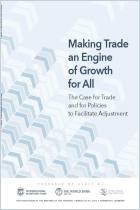

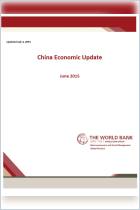
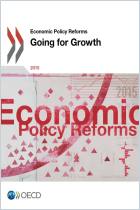

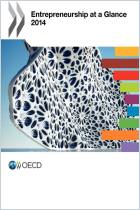

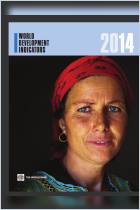
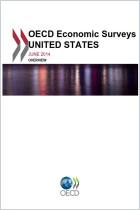
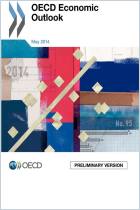
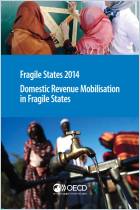
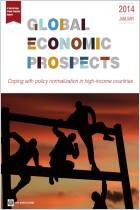



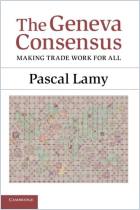
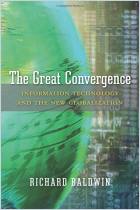
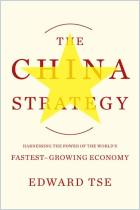
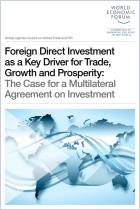




Comment on this summary or Start Discussion